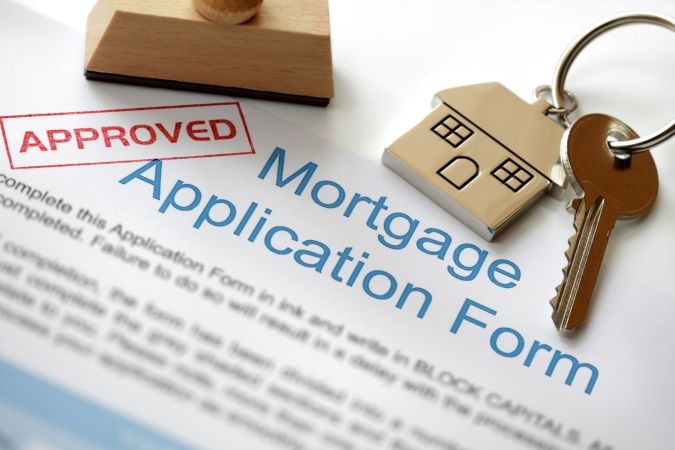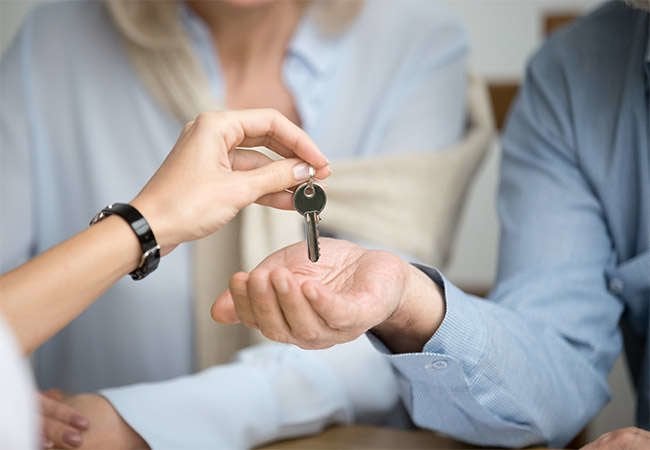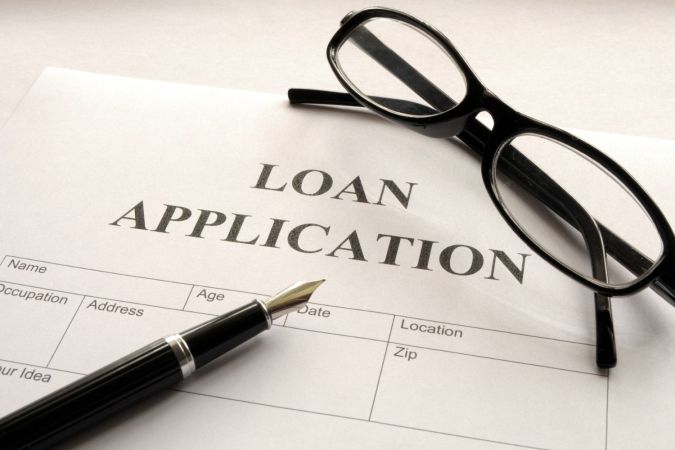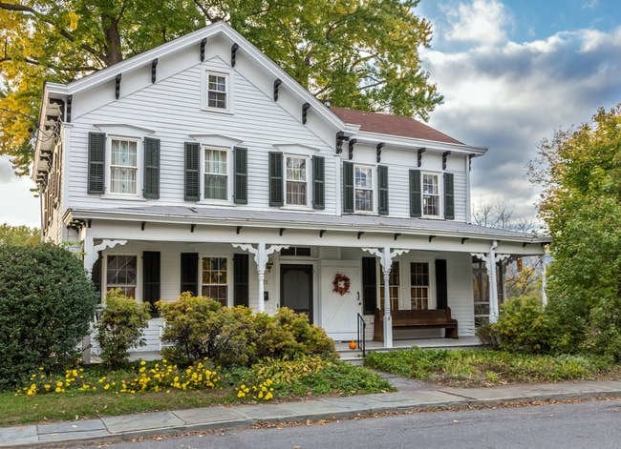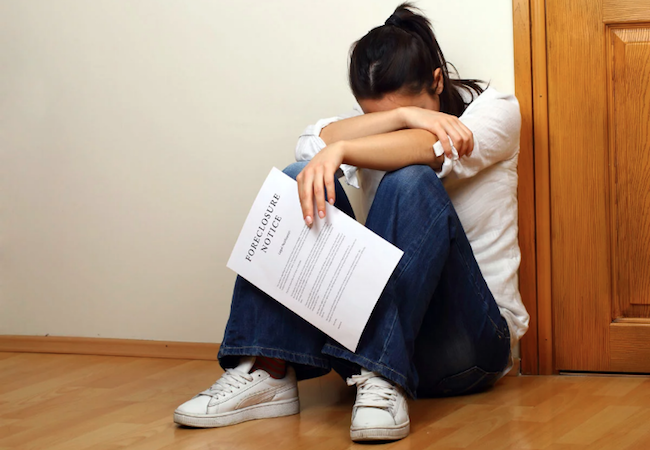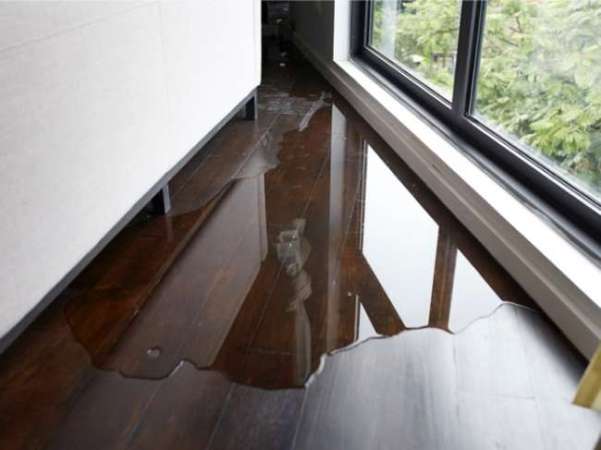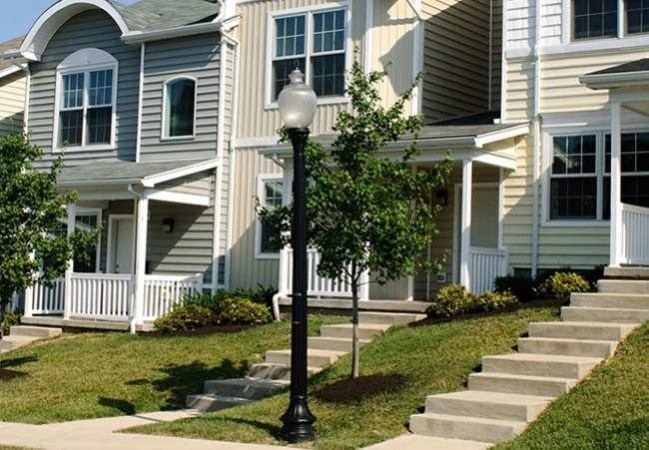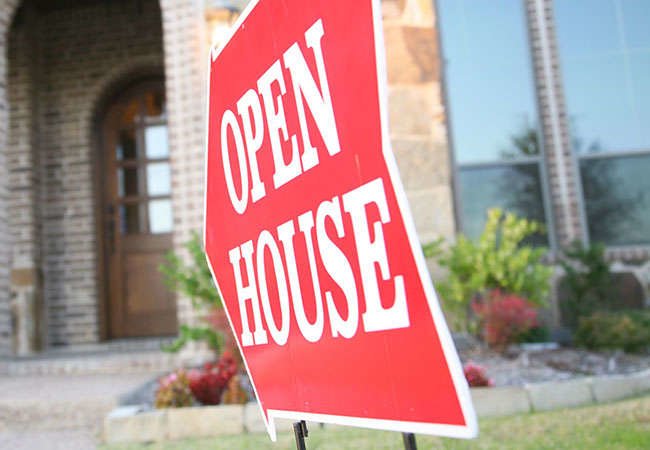We may earn revenue from the products available on this page and participate in affiliate programs. Learn More ›
Your Home Can Secure You a Loan

If you’re a homeowner in need of cash, you have very valuable collateral at your disposal—your home. Whether you’re looking for money to pay for a renovation, cover your child’s college education, or consolidate debt, a second mortgage can provide the funds. But before heading to the bank, mortgage lender, or credit union, you should learn about these types of loans, which come in two basic forms: home equity loans and home equity lines of credit (HELOCs). Here are 10 things you need to know about second mortgages before you sign on the dotted line.
How Much Can You Borrow?

The amount of equity you have in your home determines how much you can borrow with a second mortgage. For example, if you paid $500,000 for your house and have paid off $300,000 so far on your primary mortgage, you have $300,000 in equity. Lenders base the amount you can borrow in a second mortgage on your equity, along with your credit rating, debt load, and income. While guidelines vary from lender to lender, as a general rule you can borrow up to 80 percent of the value of your home, minus the remaining balance of your primary mortgage. In the example above, your second mortgage loan could be as much as $200,000:
80 percent of $500,000 = $400,000
$400,000 – $200,000 (the balance on your primary mortgage) = $200,000
Home Equity Loans Provide Money Up Front

A home equity loan is fairly simple: You get a lump sum up front and then pay that money back in monthly installments over a set period of time, which generally ranges from five to 15 years. Most home equity loans have fixed-rate interest, meaning your interest rate won’t go up or down during the repayment period. That means your monthly payments won’t fluctuate, making budgeting easier, but you also won’t reap any benefit should interest rates drop during your payoff period.
Home Equity Lines of Credit Let You Borrow as You Go

A HELOC doesn’t provide money up front, but rather gives you access to a line of credit, much like a credit card. HELOCs have two phases: the initial draw period, which is typically five to 10 years, during which you can borrow money, and the repayment period, generally anywhere from 10 to 20 years, when you’ll be required to pay off the balance of the loan. Interest rates on HELOCs are adjustable, meaning the rate can go up or down depending on changes in the economy.
What About Interest Rates?

An interest rate is the amount of money you’ll pay the lender for the privilege of borrowing money. Several factors determine your interest rate, including the economy in general and your credit score in particular. Typically, the interest rate on a second mortgage is a little higher than the rate on a primary mortgage. This is because second mortgages are more risky to the lender: Should you declare bankruptcy, the primary mortgage holder will be repaid before the secondary mortgage holder. Still, interest rates on second mortgages are generally much lower than those on credit cards or unsecured personal loans.
Your Credit Score Counts
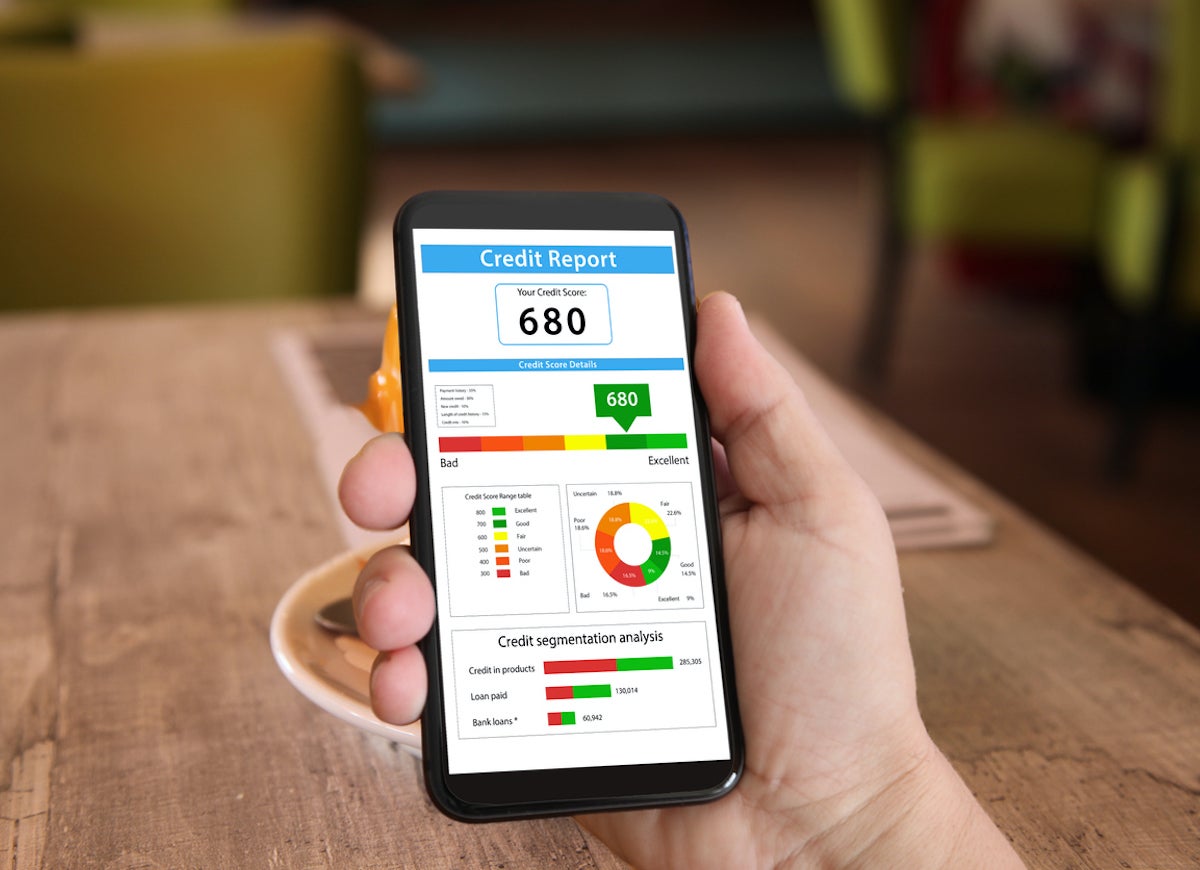
Your credit score tells lenders how likely it is that you’ll repay your loan on time, based on your credit history. The most common system for calculating credit scores is from the Fair Isaac Corporation (FICO). FICO algorithms consider your total debt, type of debt, income, available credit, length of credit history, and promptness in paying debt to come up with your credit score, which can range from 300 to 850, with higher numbers being most desirable. As a general rule, lenders like to see a credit score of at least 620 before approving a second mortgage.
Why Do You Want the Loan?
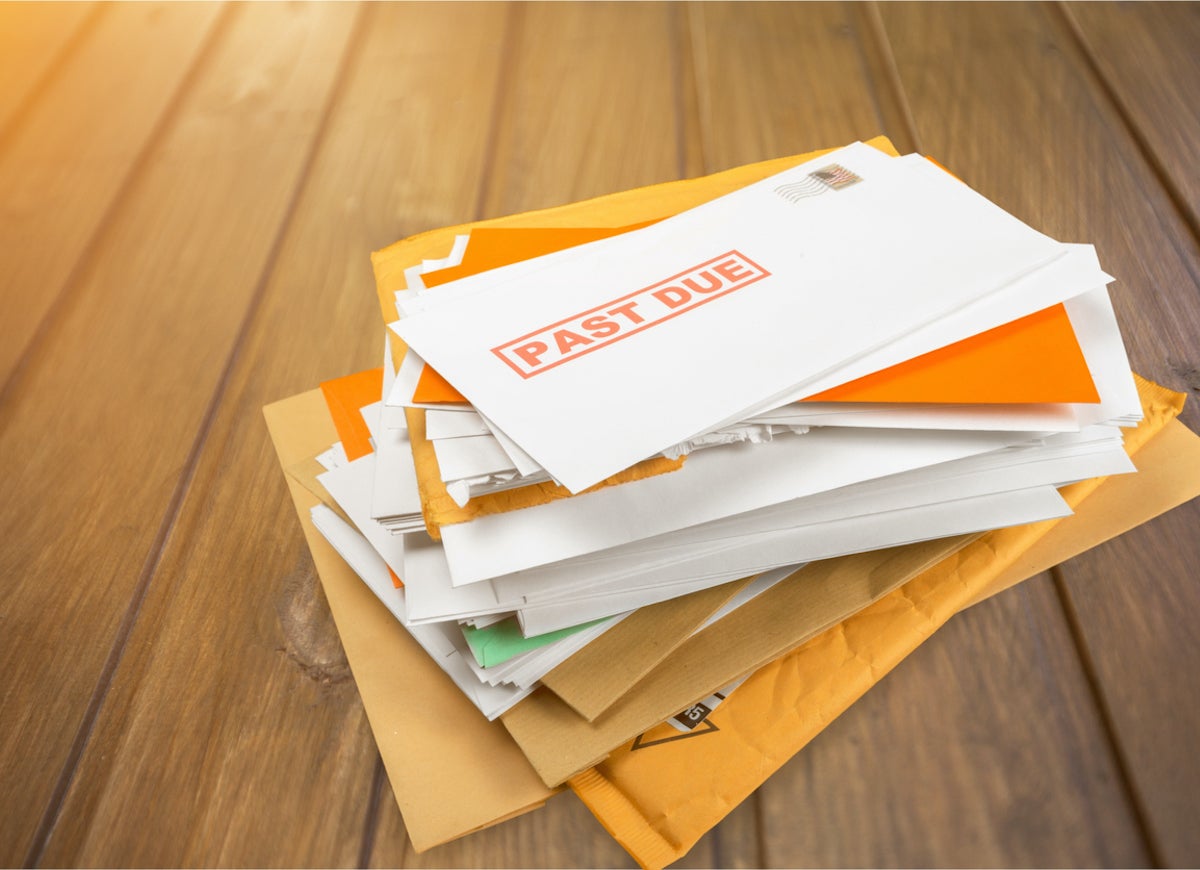
As part of your loan application, most lenders will ask what you plan on doing with the second mortgage. The most common reasons include paying for major home improvements or remodeling, paying for educational expenses for yourself or a family member, consolidating other debt, paying off medical expenses, purchasing a car, or paying a bail bond. Lenders are less likely to approve second mortgages for riskier or trivial uses, such as vacations, daily living expenses, or investments.
Second Mortgages Have Additional Costs

You expect to pay interest on your second mortgage loan, but you might be surprised to find that you’ll be paying a variety of other costs as well. As with primary mortgages, second mortgages usually entail closing costs, and these can be as high as 2 to 5 percent of the total loan amount. Many lenders will also require you to pay for a home appraisal, which can cost between $300 and $500, and a title search, which adds another $100 or so. And HELOCs sometimes have additional costs, including annual membership, minimum withdrawal fees, or early termination fees.
What Lenders Can Ask

Applying for a second mortgage means filling out extensive paperwork that may include some surprising questions. Expect to be asked for proof of employment and income, how you’ve purchased other assets, what your current debt load is, and if you are currently involved in, or likely to be involved in, a lawsuit or divorce. You might also be surprised when the lender asks your race or ethnicity, but the Department of Housing and Urban Development (HUD) requires this information, because lenders must prove that they are not discriminating against any particular group. A lender may not, however, ask you any questions about your health or physical limitations. And while lenders can ask how many children you currently have and whether or not you are married, they are not permitted to ask if you plan on having more children in the future.
Consider Your Financial Situation

Before deciding to apply for a second mortgage, take an honest look at your financial situation. Remember that once you get your new loan, you’ll have two monthly payments—likely large—to make to your lenders: one for your primary mortgage and one for the second mortgage. If you’re not secure in your job, are considering a move, have significant family obligations that might require you to take a leave of absence, are in poor health, have a history of spending unwisely, or are otherwise in a shaky financial situation, now is not the time to take out a second mortgage.
Your Home Is at Risk
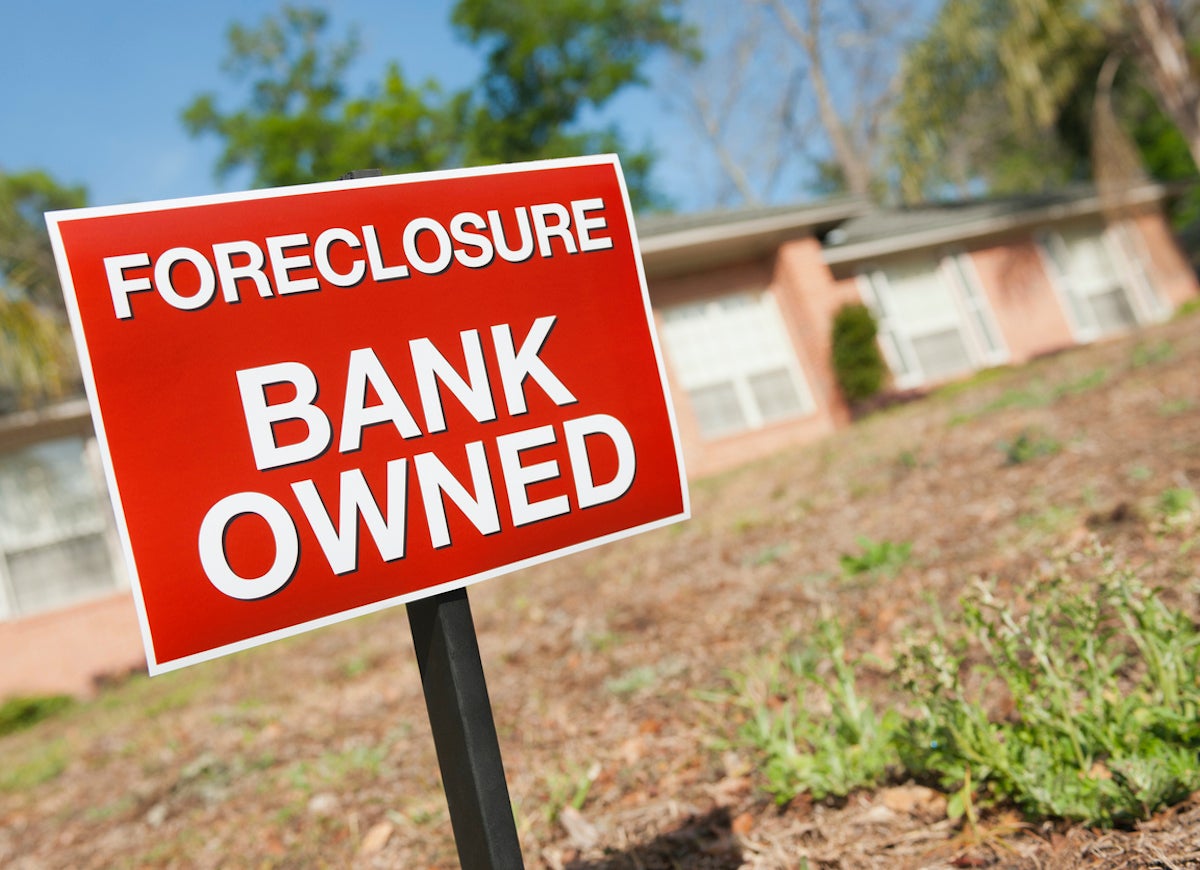
Your house serves as the collateral for both your primary and your secondary mortgage. Should you fail to make monthly payments on time, not only will your credit score go down, but the lenders can—and eventually will—move to repossess your home, sometimes within months. Generally, once a lender takes your home, it will be sold as a foreclosure, with the proceeds going to the lenders as a way to recoup their losses. Don’t take such a serious risk unless you are certain you can handle the financial obligation. If you do start to fall behind on your payments, call your lenders right away. They will often work with you to prevent a foreclosure.
Related: 10 Things I Wish I Had Known Before I Bought a Foreclosure




